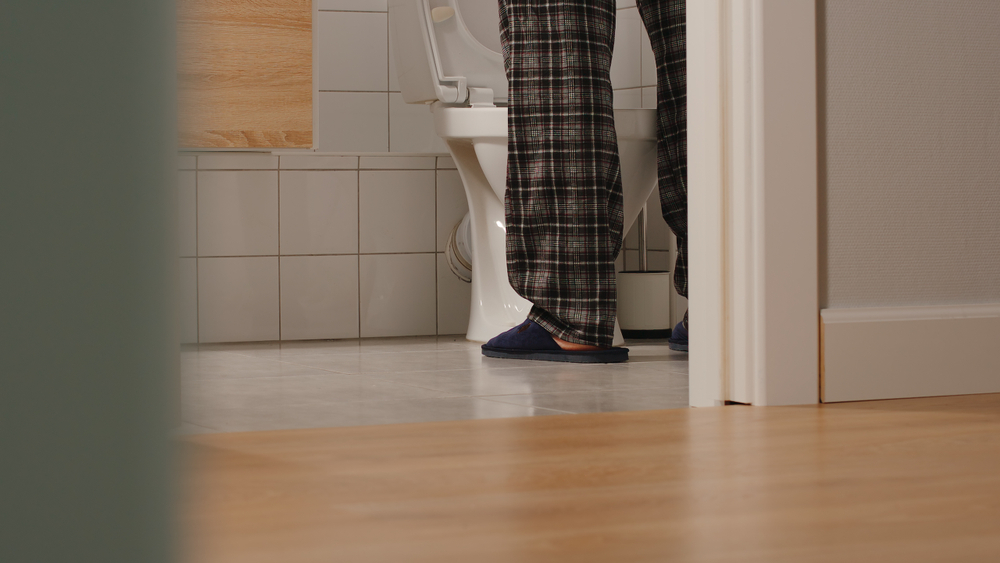Elderly Obsession with Bowel Movements
Category:

It’s safe to say that most people would prefer that what happens in the bathroom, stays in the bathroom. So why do so many seniors seem to be obsessed with their bowel movements? While it may be uncomfortable to discuss, obsession with bowel movements in elderly patients can be the sign of an underlying issue.
In this post, we’ll explore common causes of elderly obsession with bowel movements and what you can do to help your senior get past their obsession.
Download Our FREE Guide to Heart Health
Bowel Obsession Syndrome in the Elderly
Elderly obsession with bowel movements may be a sign of bowel obsession syndrome, sometimes known as bowel and bladder anxiety.
There has been significant debate among researchers over whether bowel obsession syndrome is a form of obsessive-compulsive disorder (OCD) or Agoraphobia. Some believe it is an obsessive spectrum disorder because the fear of embarrassment from experiencing an episode of incontinence in public leads to the ritualistic behavior of visiting toilets in specific circumstances. Others believe it should be classified as a variant of agoraphobia because the person fears going to public places where they fear they may not have access to a bathroom in an emergency, and as a result, they avoid them entirely.
Regardless of how bowel obsession syndrome is classified, most reported cases have had success addressing the anxiety with tricyclic antidepressants like clomipramine. If you believe your loved one is exhibiting signs of bowel obsession syndrome, talk to their doctor and reach out to a therapist who works with the elderly.
Other Causes of Elderly Obsession with Bowel Movements
But what if your senior doesn’t seem to have an “obsessed with poop disorder” problem as much as a “they won’t stop bringing up poop at social events” problem? Once you’ve ruled out bowel obsession syndrome in your elderly patient, it’s time to consider gastrointestinal changes, neurological changes, and medication side effects as the root cause.
Neurological Changes
As we age, the changes that happen in our brains can impact the way we view our bodies. Cognitive impairment can alter our perception of the brain signaling it is time to have a bowel movement, which in turn, can lead to a fixation on the change in sensation.
This is another area where help from a therapist who specializes in elder care is your best next step.
Gastrointestinal Changes
Another natural side effect of the aging process is changes to our digestion, particularly how quickly food moves through our system. This often causes changes in bathroom routines that seniors have had for years which, in turn, can lead to physical discomfort or hyperfixation on the fact that they haven’t gone to the bathroom for a few days.
If you believe gastrointestinal changes may be the cause of your elderly patient’s obsession with bowel movements, talk to their doctor about what you can do to aid their digestion and establish a new bathroom routine.
Medication Side Effects
Seniors often have a large amount of medications to juggle, many of which come with unintended side effects. Many common pain medications, anti-depressants, and blood pressure medications come with constipation as a side effect. Just like gastrointestinal changes, these medications may impact long-held bathroom routines and lead to an inappropriate fixation on when their next bowel movement is coming.
If it seems like medication is the culprit, talk to their doctor about making adjustments to their medication or how changes to diet or adding supplements to aid in digestion could help.
To learn more about our home care services, contact our caregiving team today at 1-800-GRISWOLD or find a Caregiver near you.
Subscribe
Date: 2024-12-05
Category:


